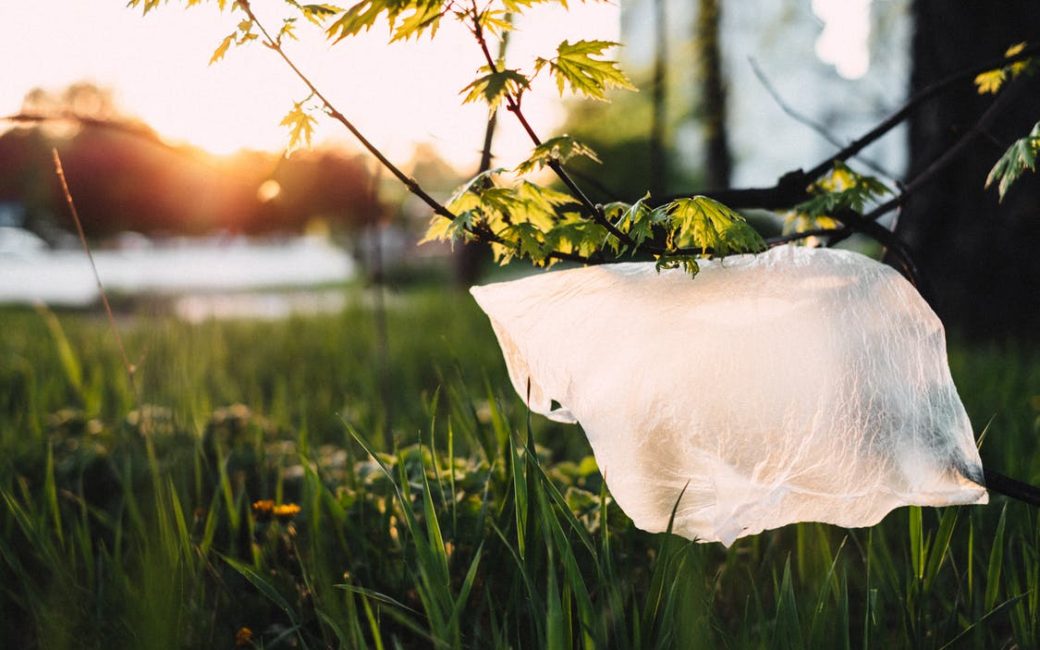You’re likely to take home plastic bags from virtually any and every establishment you shop at. Convenience stores and gas stations readily bag up multiple items in plastic bags. People rarely use paper bags at grocers like Walmart and Kroger, leaving you with five, 10, or even more plastic sacks. Anytime you order takeout, you’re also likely to receive your order in a – you guessed it – plastic bag.
Plastic is such a popular material because it’s cheap to produce, versatile, and convenient. Unfortunately, however, plastic is made primarily from fossil fuels. Further, plastic doesn’t readily biodegrade. Thin layers of plastic that “Walmart bags,” as they’re called in the Southeast, require anywhere between 10 and 1,000 years to decompose organically.
Even worse, plastics break down into what’s known as microplastics, minuscule-yet-harmful substances that end up in virtually all sea life. One recent study of 102 sea turtles conducted by researchers from the University of Exeter, Greenpeace Research Laboratories, and the Plymouth Marine Laboratory found that each of their stomachs contained undigestible microplastics.
California came first, 15 others followed
Proposition 67 of California’s 2016 electoral cycle banned the business use of lightweight, single-use plastic bags. In the past two years, 15 other states have followed suit in whole or in part.
The United States isn’t the only country bidding adieu to single-use plastic sacks. China, India, and Indonesia – the most, second-most, and fourth-most populated countries in the world – have already banned or restricted their use. About half of Africa and 80-odd percent of Europe have done the same.
But why? Here are several reasons why they’re being banned
Single-use, lightweight plastic sacks are being phased out around the globe because they’re only used for an average of 12 minutes.
Both sea life and land-based life are harmed by plastic sacks; they can become lodged in their throats and choke them, clog their digestive tracks, and suffocate them.
We can’t recycle all plastic sacks. As such, this means the ongoing use of lightweight plastic baggies requires the ongoing production of them, thereby increasing the total plastic here on planet Earth.
Unlike countless countries’ wars on psychoactive drugs, something that humans have used for thousands of years and will always use, most people around the globe are ready for plastic sacks to be banned. As such, legislation that bans them should be implemented all over.

